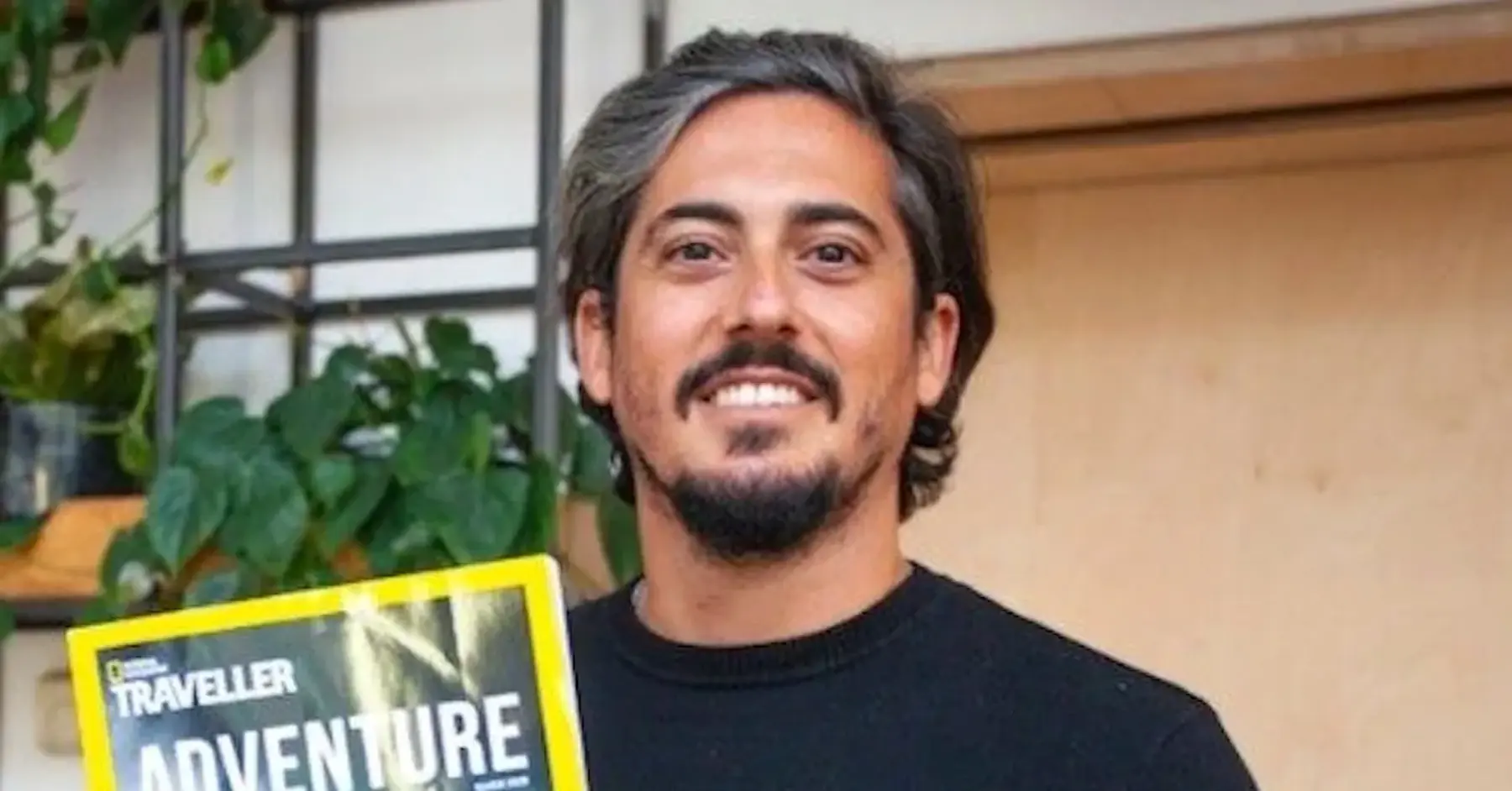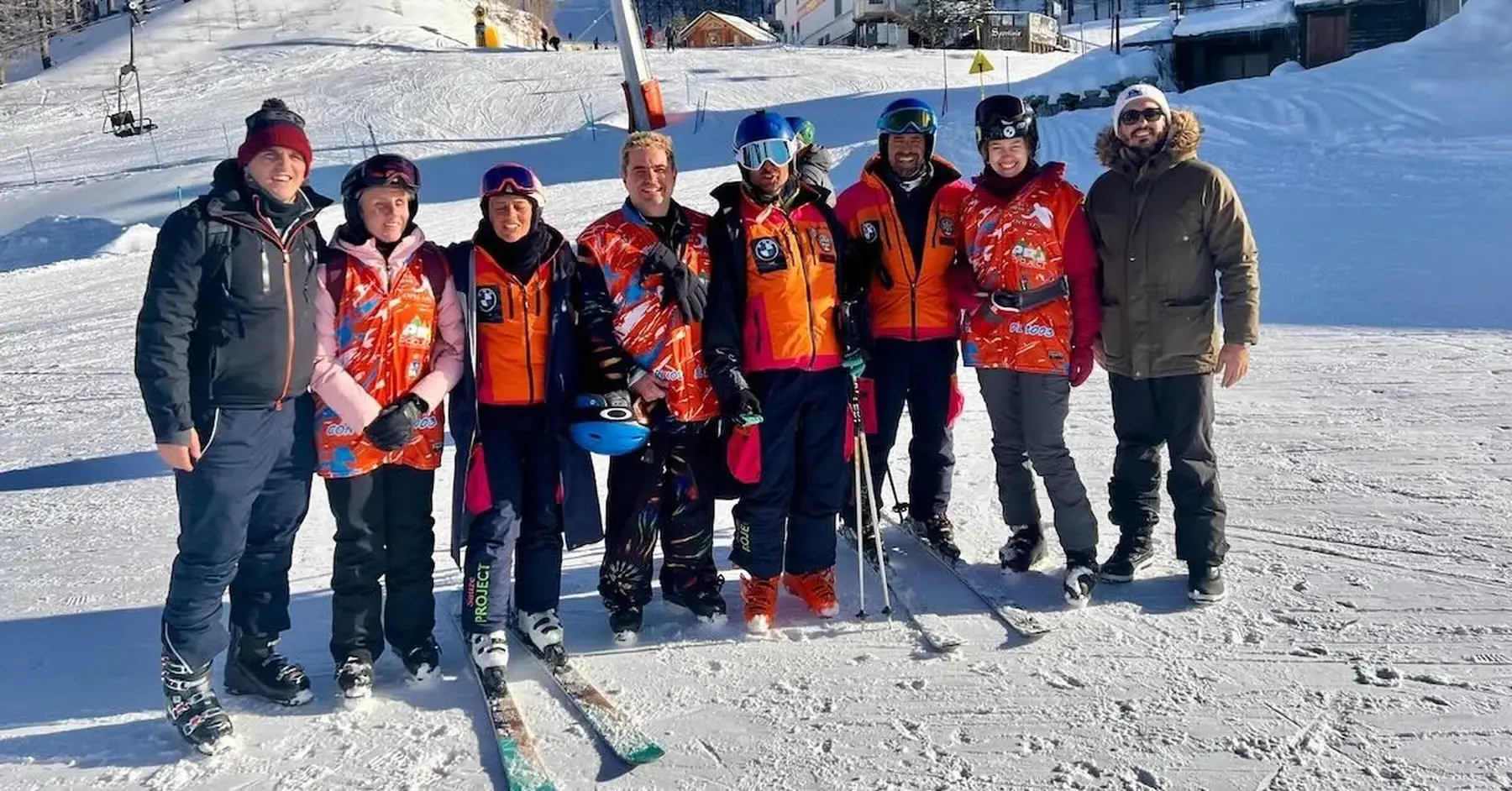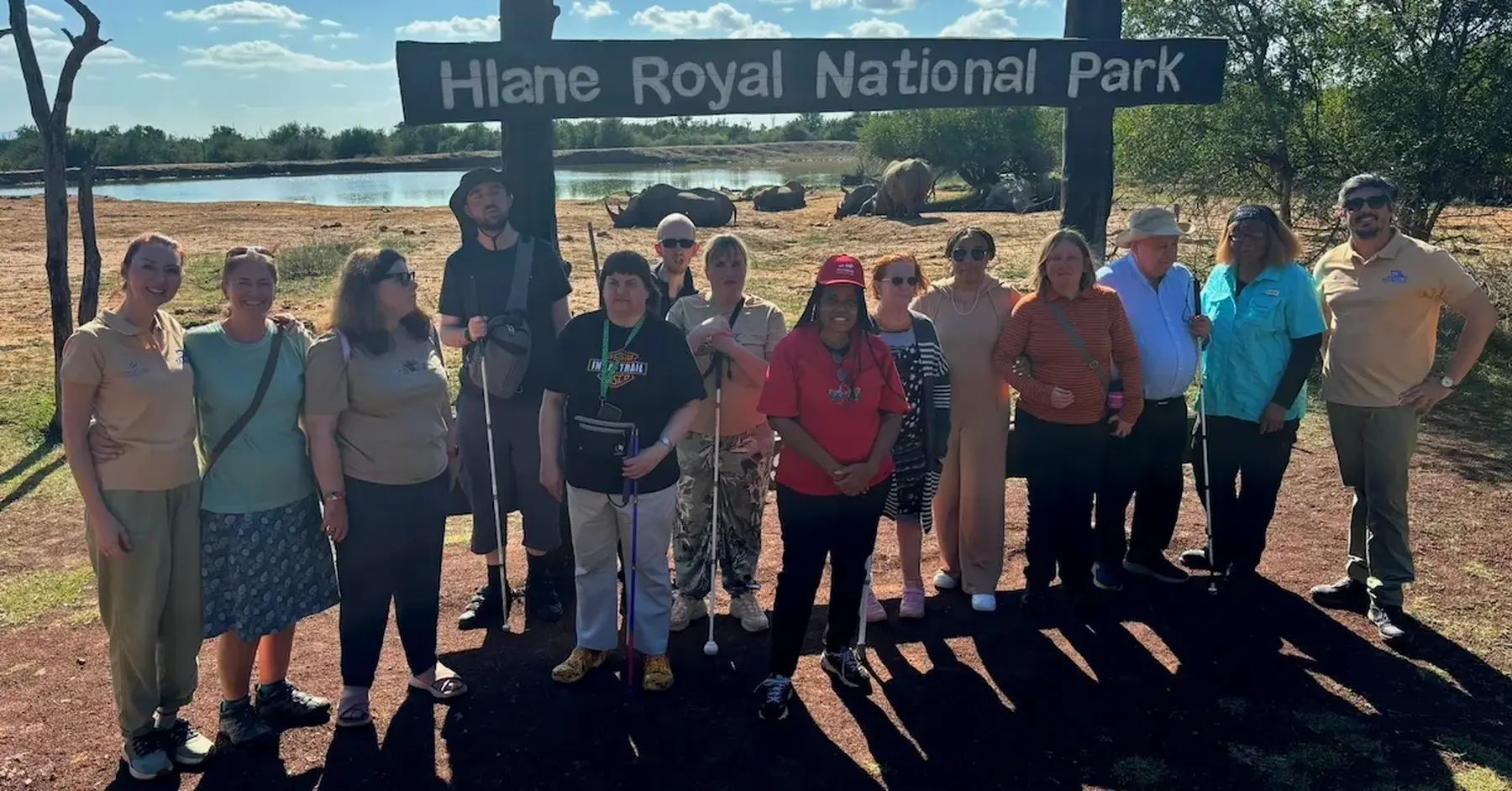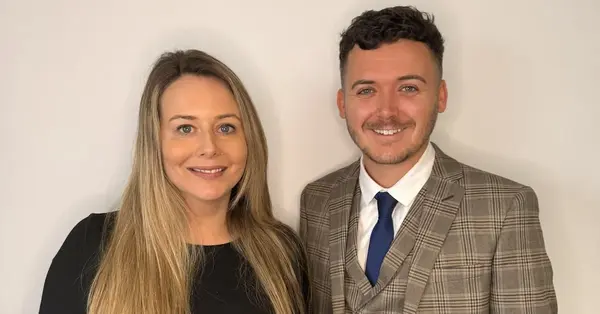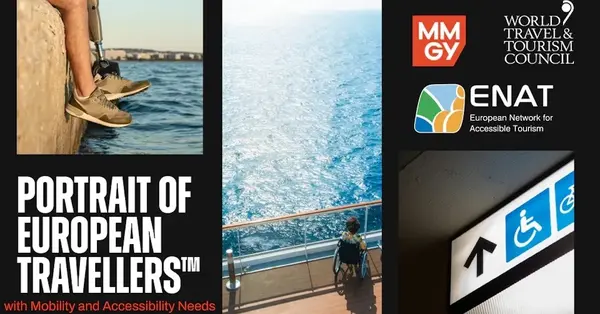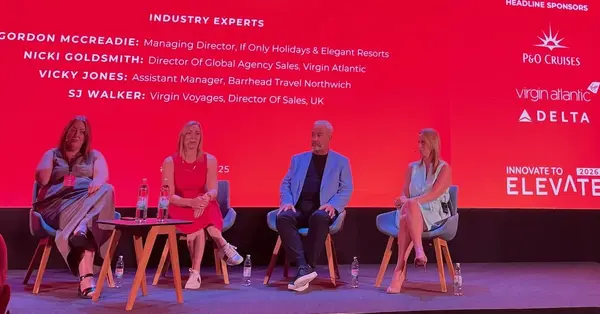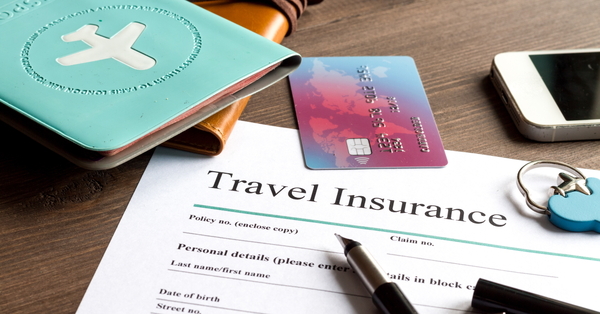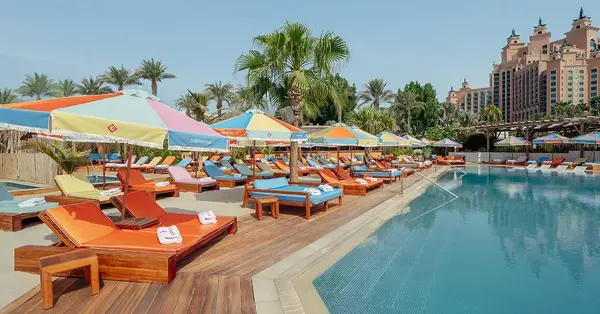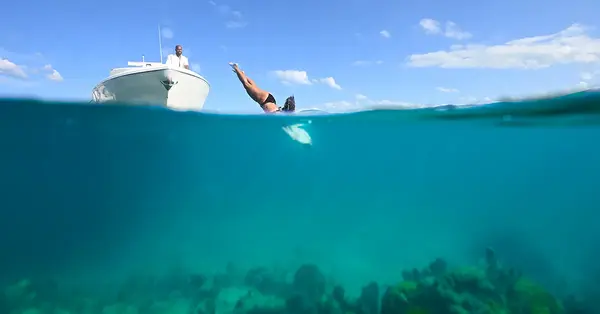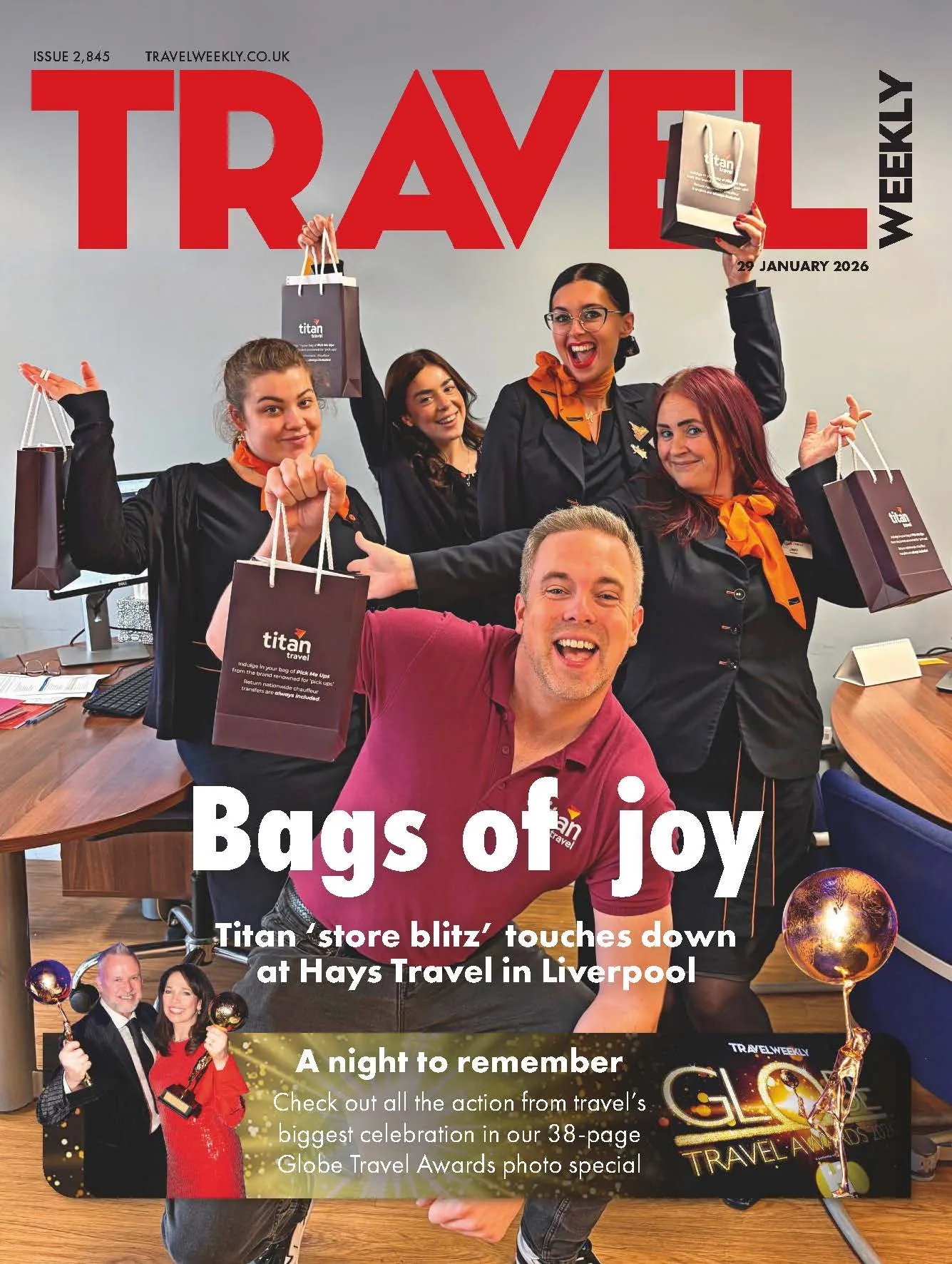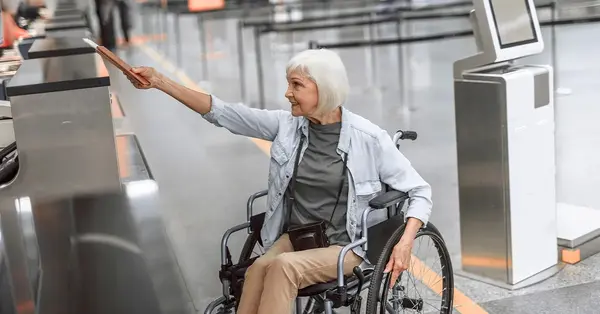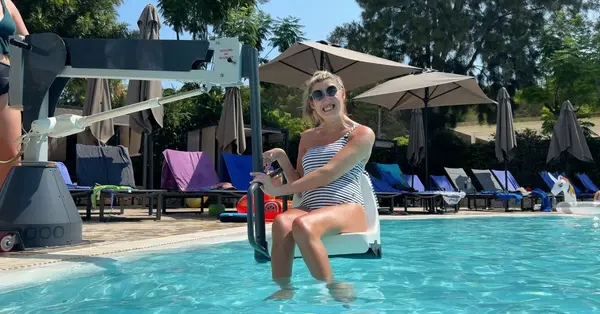You are viewing 1 of your 2 free articles
Seable plots growth and seeks to work with more agents
The founder of Seable, which provides holidays for blind and partially sighted people, is targeting growth in 2025 and 2026, as well as more sales with travel agents.
Damiano La Rocca said that Seable took 150 customers away last year and this year is is aiming for 250 – with a target of 500 in 2026.
“We closed down during Covid and reopened in 2022,” he said. “2023 was really our first year after Covid, after opening up destinations and training people.
“We are now ready to work with agents; we are planning to do more with the launch of our new destinations.”
A member of the Travel Trust Association, the operator also works with other specialists in the accessible tourism market, such as Enable Holidays and Disabled Holiday directory.
“People are going places. They are eager to see more. About 85% of customers come back within a year. And 95% within the second year,” he said.
“I need to expand destinations quickly for my existing customers, and then I need to work on getting new customers.”
The operator features tailored holidays as well as group trips, with sighted guides, offering destinations across Europe and as far as the Galapagos and Eswatini.
He said the guide on the recent safari in Eswatini was an ecologist who explained about animals in great detail “to paint a real mental picture”.
However, he noted how technological developments in travel don’t always help support vision-impaired holidaymakers.
“On the safari trip recently, new aeroplanes from British Airways were actually a lot less accessible than the previous aeroplanes,” he said.
“The problem when trying to modernise aeroplane and hotel rooms, anything like that, is they make the screens digital.”
La Rocca urged agents with vision-impaired clients to work with specialists who can advise on support, special assistance and other details.
“We would inform the hotel if someone has a vision impairment and what that means,” he said.
“[The hotel] might think, okay, he’s blind, I’ll give him an accessible room. Or they do that at the airport. He’s blind, we give him a wheelchair.
“A lot of blind people get really offended by that.
“We actually don’t need an accessible room, so we would put some details in [such as] the customer is blind, but can see light, so we wanted a room with enough light.”
